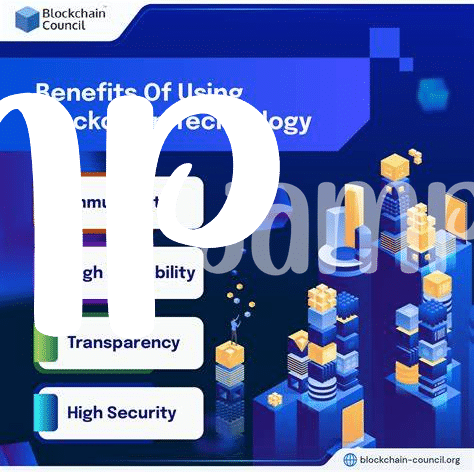Blockchain Benefits for Land Registration 🌐

Blockchain technology revolutionizes land registration processes by offering a decentralized and secure platform for recording and verifying property transactions. Through its immutable ledger system, blockchain provides transparency, efficiency, and accuracy, reducing the risk of fraud and disputes in land ownership. By digitizing records and automating verification processes, blockchain streamlines administrative tasks and eliminates the need for intermediaries, making land registration more accessible and cost-effective for stakeholders. Additionally, the use of smart contracts on the blockchain ensures that transactions are executed automatically once predefined conditions are met, further enhancing the speed and trustworthiness of land registration processes. With blockchain, the land registration sector in Laos stands to benefit from increased trust, simplified procedures, and enhanced security in property transactions.
Challenges in Traditional Land Registration 🏚️
Traditional land registration systems often face a myriad of challenges, hindering the efficiency and accuracy of property ownership records. Issues such as manual paperwork, susceptible to fraud, errors, and disputes, have plagued these systems for decades. The lack of transparency and accountability in traditional land registration processes can result in lengthy and costly legal battles, causing delays in property transactions and hindering economic development. Furthermore, the absence of secure data storage mechanisms leaves room for manipulation and corruption, leading to mistrust among stakeholders and uncertainty in land tenure security.
Transitioning to blockchain technology offers a promising solution to address the shortcomings of traditional land registration methods. By leveraging blockchain’s immutable and decentralized nature, land registration processes can be streamlined, enhancing the transparency, security, and efficiency of recording property transactions. The use of smart contracts can automate the verification and validation of land titles, reducing the risk of errors and fraud while ensuring trust among stakeholders. Adopting blockchain for land registration in Laos holds the potential to revolutionize the property market, paving the way for a more reliable and secure system for managing land titles.
Implementing Blockchain Technology in Laos 🇱🇦

Blockchain technology is set to revolutionize land registration processes in Laos by providing a secure and transparent platform for recording property transactions. With its decentralized nature, blockchain ensures that transactions are tamper-proof and accessible to all relevant parties. By implementing blockchain technology in Laos, the government can streamline the land registration process, reduce fraud, and enhance overall efficiency. This innovation has the potential to significantly improve the accuracy and reliability of land titles, ultimately boosting investor confidence and driving economic growth in the country.
Advantages of Blockchain for Land Titles 🔒

Blockchain technology offers significant advantages for land titles, revolutionizing the traditional processes by introducing unparalleled security and transparency. With blockchain, each land title is securely stored on a tamper-proof digital ledger, eliminating the risk of fraud or disputes over ownership. The decentralized nature of blockchain ensures that all transactions related to land titles are recorded immutably, providing a reliable and transparent system for verifying ownership. Additionally, blockchain technology streamlines the transfer of land titles, reducing the time and complexity involved in traditional paper-based processes. By leveraging blockchain for land titles, Laos can pave the way for a more efficient and trustworthy land registration system.
To explore further innovative applications of blockchain technology, particularly in different sectors and regions, check out this insightful article on blockchain technology innovation policies in Jordan.
Ensuring Transparency and Security with Blockchain 🔐
Blockchain technology ensures transparency and security in the land registration process by providing a decentralized and immutable system. Every transaction and update made to the land records is recorded on the blockchain, creating a transparent and tamper-proof history. This increased transparency reduces the chances of fraud and corruption in the land registration process. Additionally, the security features of blockchain, such as encryption and smart contracts, enhance data protection and secure the integrity of land titles. Implementing blockchain in land registration not only simplifies processes but also instills trust in the system, benefiting both government authorities and citizens.
Future Implications and Scalability of Blockchain 🚀

Blockchain technology offers promising future implications and scalability potentials that could revolutionize land registration processes in Laos. As the technology continues to evolve, its impact on land titles could lead to increased efficiency, reduced fraud, and improved accessibility. With enhanced data security and transparency, blockchain has the capability to streamline administrative procedures and facilitate cross-border transactions seamlessly. The adaptability of blockchain technology signifies a shift towards a more efficient and secure land registration system in Laos, paving the way for broader adoption and innovative solutions in the real estate sector.
blockchain technology innovation policies in Japan
